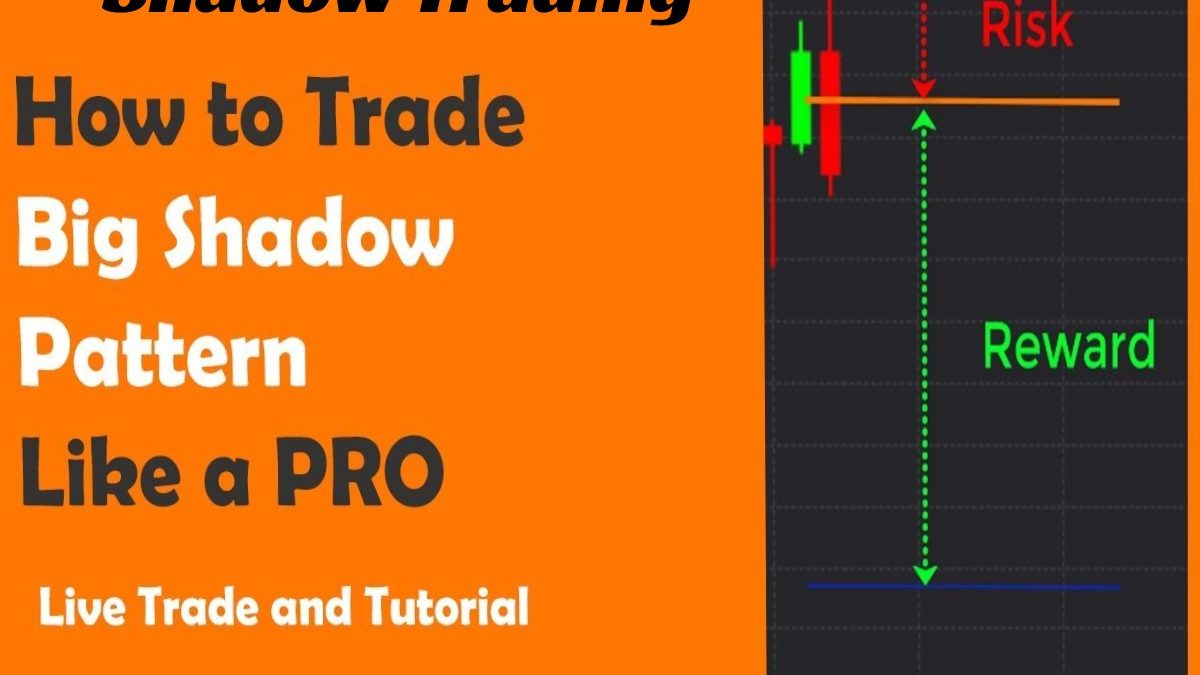Table of Contents
What Remains a Shadow Trade?
Shadow Trading, Dubbed [shadow trading] in this debatable paper, the SEC has decided to follow insider trading that involves trading , not in the safeties of an employee’s Company or that Business’s merger partner but in the protection of another company in the same industry.
Everybody knows that employees cannot buy or sell securities while possessing material non-public information.
Also read: Trading Platforms, What Remains a Trading Platform?
However,
when we think of material non-public information, we generally think in terms of information about the Company an employee works for. Or perhaps information about a company with which an employee’s Company is about to announce a business transaction as a merger.
But the Securities and Exchange Command wants to give an example of another kind of insider trading.
Named Shadow Trading in this Academic Paper,
the SEC has decided to follow insider exchange that includes trading, not in the securities of an employee’s Company or that Company’s merger partner but the protection of another company in the same industry.
In SEC v. Panuwat. The SEC alleges that Matthew Panuwat. A previous executive at Medivation Inc., an oncology biopharmaceutical company, learned that Pfizer was acquiring the Company from him through an email from Medivation’s CEO.
Within Minutes, Shadow Trading
The complaint alleges that Mr. Panuwat misappropriated Medivation’s confidential information by purchasing, from his work computer, short, out-of-the-money stock options on Incyte Corporation Incyte. Another mid-cap cancer-focused biopharmaceutical company whose value remained anticipated to rise materially when the Medivation acquisition announcement became public.
When Medivation publicly announced that Pfizer would acquire him, Incyte’s shares rose 8%, and Mr. Panuwat’s share value almost doubled, with a gain of $107,066.
The Details
Mr. Panuwat was no baby in the woods regarding trading corporate securities. Instead, he was a seasoned trading professional and “was licensed in the securities industry and registered with the SEC as an associate person of an investment bank in San Francisco acting as an agent and dealer in securities, according to the complaint.
Also read: Alchemist Trading Co, Trading Mechanism etc
While Working at Medivation,
Mr. Panuwat signed the business insider trading policy, amongst other things. Stated the following: you may remain in a position to benefit financially by buying or selling or otherwise dealing in the securities of the Company or the securities of another publicly traded company, including any significant employee, customer, partner, supplier, or competitor of the Company. For someone to use such information for personal gain Is Illegal
The SEC Lawsuit Alleges
That Mr. Panuwat remained closely involved in the steps leading up to the merger, which is not surprising given that he was the former senior director of business development at Medivation:
Panuwat, who had years of experience as an investment banker specializing in deals related to the pharmaceutical industry, worked closely with Medivation’s asset bankers and other senior Medivation executives to explore Medivation alternatives. Including a possible merger with another company.
The Complaint Claimed That,
During the process, Mr. Panuwat learned of the similarities between Medivation and Incyte through investment bankers, “including that they were both valuable, mid-cap, oncology-focused companies with profitable approval of the FDA (commercial stage). In addition, the drug is in the US market.
The SEC claims that in 2016, Mr. Panuwat knew that large-cap medicinal companies remained interested in acquiring mid-cap oncology-focused biopharmaceutical companies with commercial-stage drugs; only a few remained, including Medivation and Incyte, to stay achieved.
Also read: Earthbound Trading

